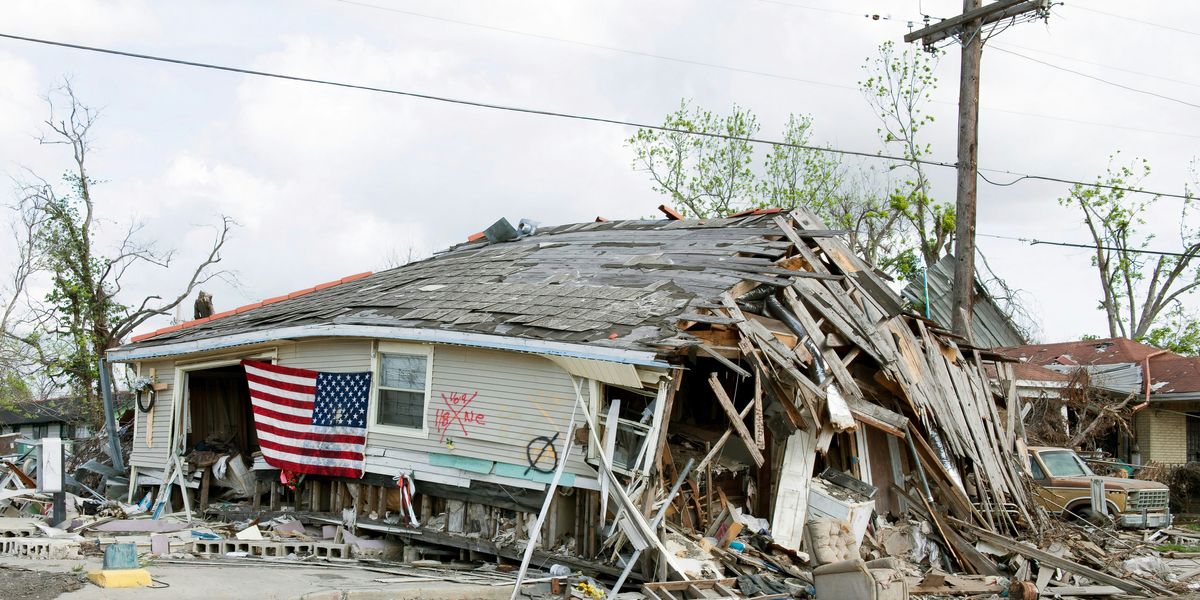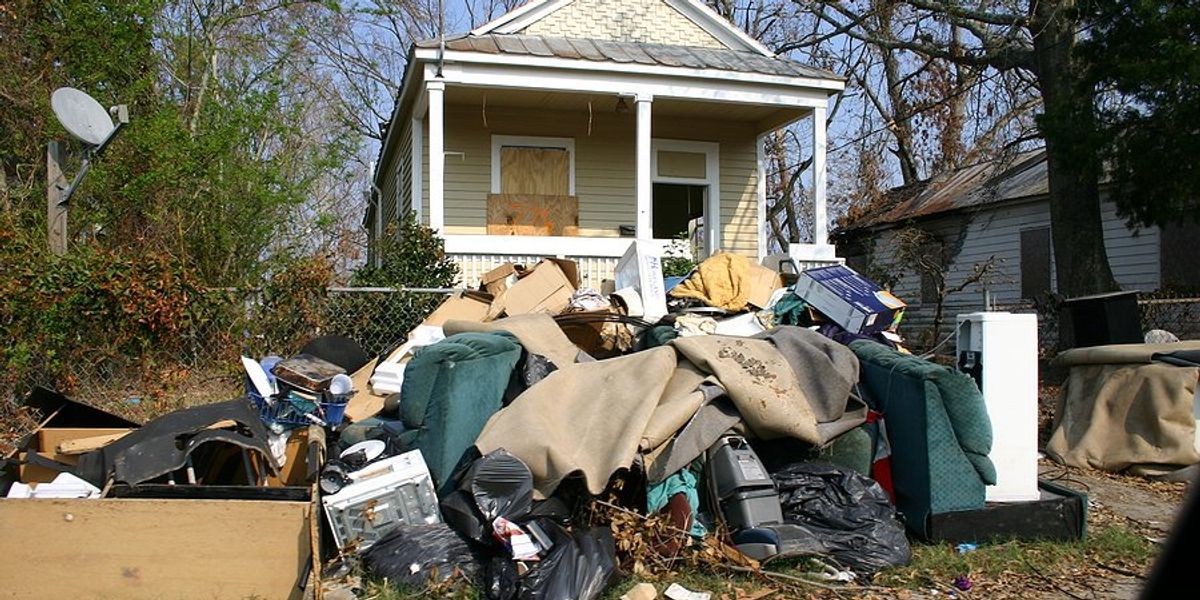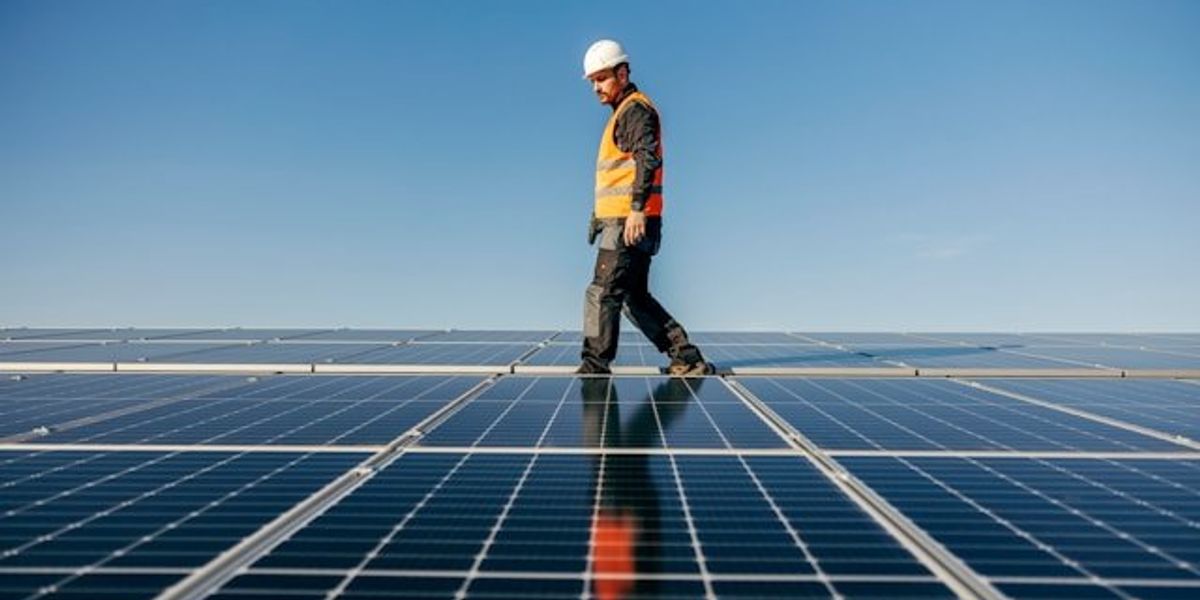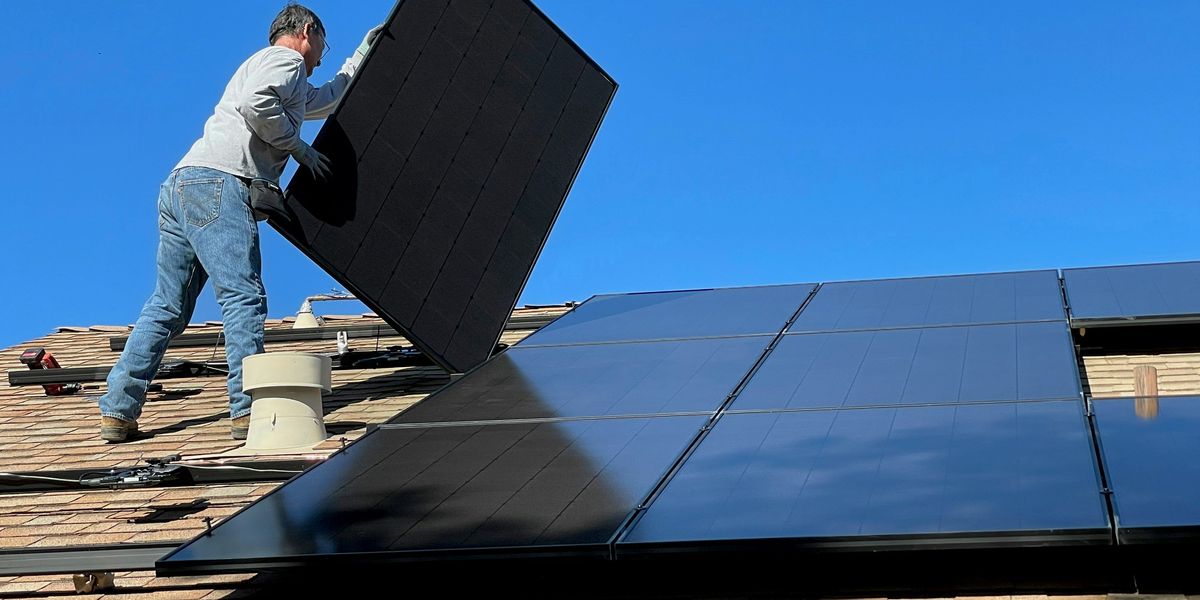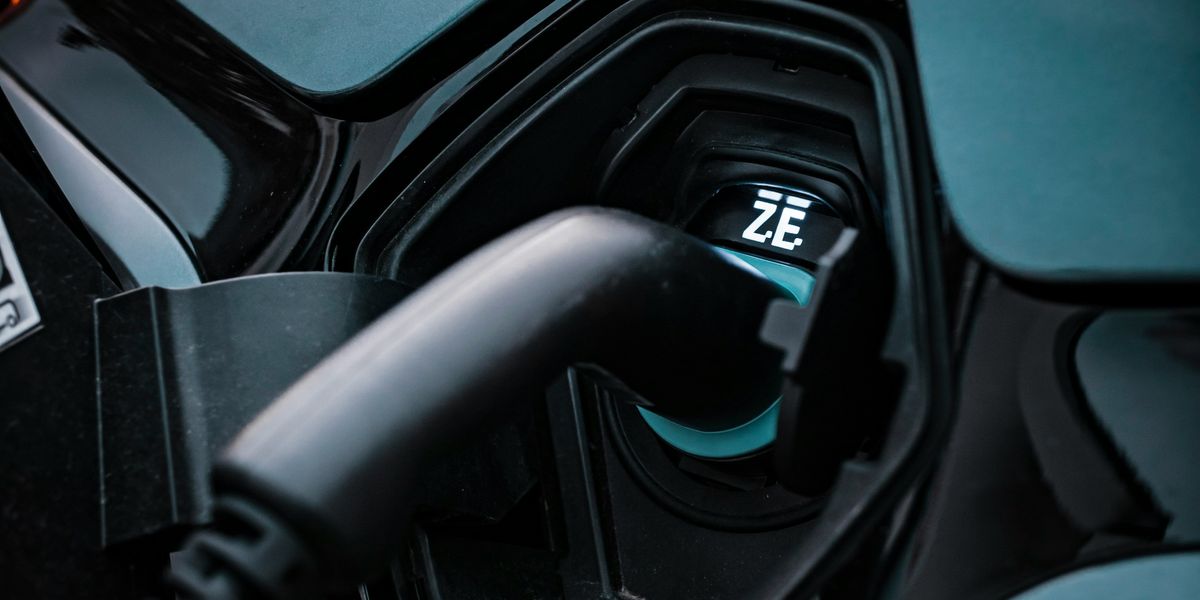
Europe’s electric car push runs into political and economic roadblocks
European Union leaders face growing pressure to revise their 2035 ban on gas and diesel car sales as automakers struggle to compete with China, and conservative lawmakers warn of job losses and industry decline.
Chico Harlan reports for The Washington Post.
In short:
- European automakers are struggling to meet the EU’s 2035 ban on internal combustion engines, citing high costs, job cuts, and competition from cheaper Chinese electric vehicles.
- Political support for the ban is weakening, especially among right-leaning lawmakers and countries like Italy, who warn that the regulation risks economic harm and increased reliance on China.
- As EV sales rise slowly and affordable models remain scarce, the EU is considering more flexible timelines, while battery production efforts face setbacks, including the bankruptcy of Sweden’s Northvolt.
Key quote:
“The idea that if you simply prescribe rules, it will all happen — it’s just too simply put. That realization is starting to sink in.”
— Sigrid de Vries, director general of the European Automobile Manufacturers’ Association
Why this matters:
The European Union’s transition to electric vehicles was supposed to be a flagship initiative to combat climate change and modernize one of its most important industries. But the shift is proving far more complex than anticipated. EVs remain expensive, and the supply chain — especially for batteries — is dominated by China. Meanwhile, automakers are slashing jobs, delaying launches, and lobbying for regulatory relief. These growing pains underscore a broader dilemma: how to decarbonize fast enough to avoid climate catastrophe while maintaining economic stability and political consensus. Europe’s automotive identity and economic engine are at stake.
Read more: Germany’s new conservative government shifts focus from climate to economic relief

